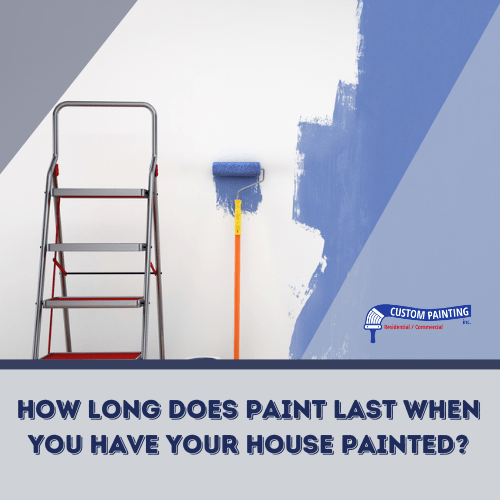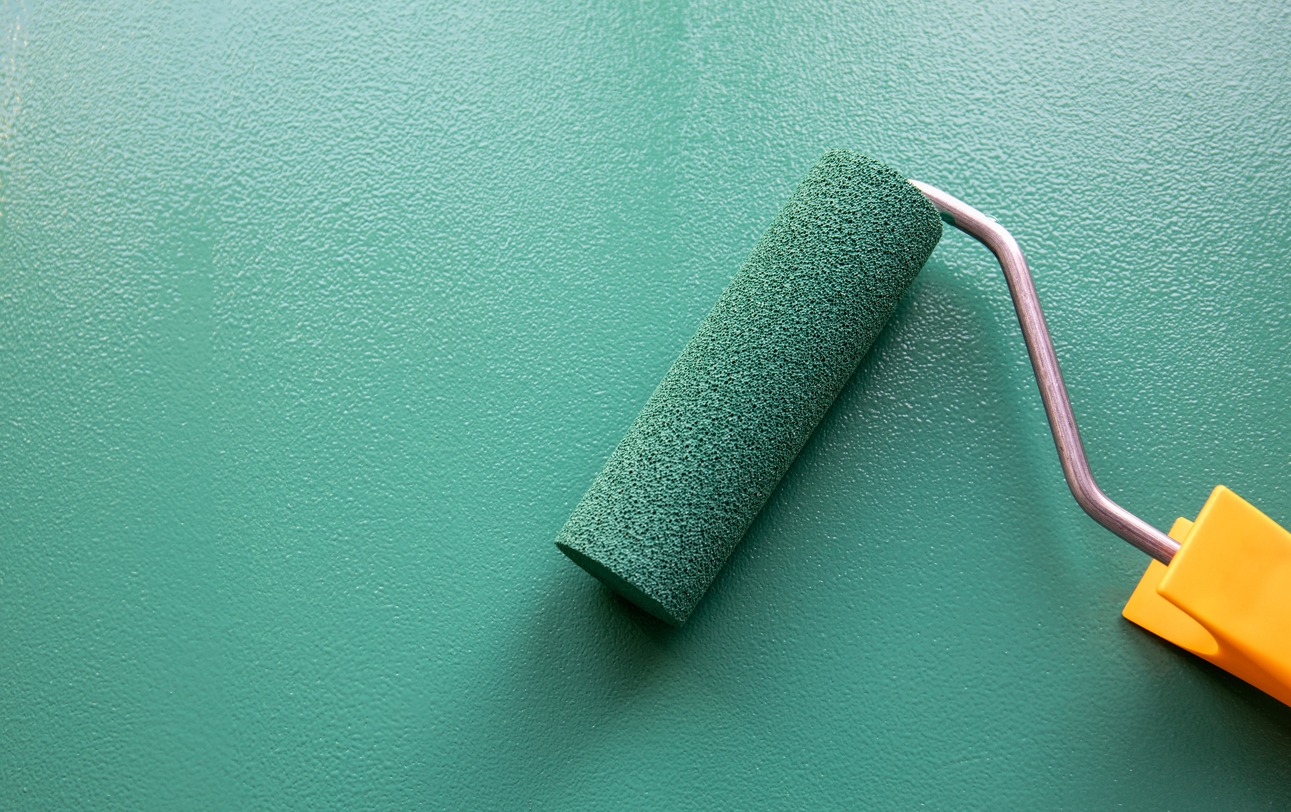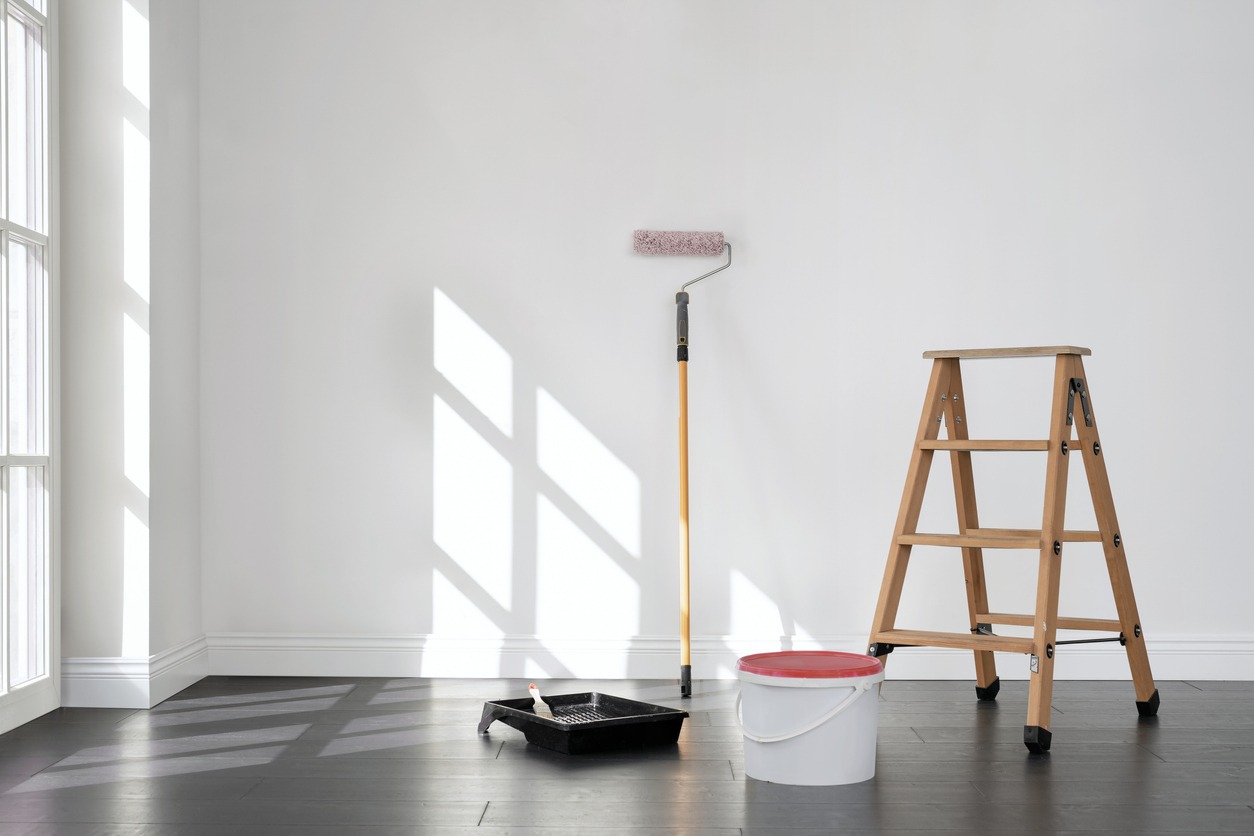When it comes to maintaining the aesthetic of your home, a fresh coat of paint can work wonders. Yet, homeowners often wonder about the longevity of their investment once the painters have packed up and left. How long can you expect a new paint job to last? The answer isn’t just about time; it depends on several factors, including the quality of paint used, the professionalism of the application, and the environmental conditions your home faces. This article breaks down what affects the durability of your paint job and offers insights into maximizing its lifespan, ensuring your home looks vibrant for years to come.
The Factors that Affect the Longevity and Durability of Paint
Understanding what affects the longevity and durability of paint on your house is key to maintaining its appearance over time. Several factors play a crucial role in determining how well your paint withstands the elements and the test of time. Here are some of the most influential factors:
- Quality of Paint: High-quality paints contain better pigments and resins and less water. They adhere to surfaces more effectively and offer enhanced durability and better color retention. Investing in premium paints can significantly extend the life of your paint job.
- Preparation of the Surface: Proper preparation is essential for a long-lasting paint job. This includes thorough cleaning, scraping off old paint, fixing cracks and holes, and applying primer. Well-prepared surfaces provide a solid foundation for paint to adhere to, reducing the likelihood of peeling and cracking.
- Application Technique: The method of application impacts paint longevity. Professional painters know how to apply paint evenly and at the right thickness, which helps prevent issues like bubbling and peeling. Correct technique also ensures that the paint layer is uniform, which can help it last longer.
- Color Choice: Darker colors tend to absorb more UV rays, which can lead to quicker fading and degradation of the paint. Lighter colors, on the other hand, reflect more light and may have a longer lifespan on your home’s exterior.
- Climate and Exposure: Environmental factors greatly affect paint durability. Homes in areas with harsh climates—extreme heat, cold, or moisture—face more challenges. UV light, rain, snow, and humidity can all degrade paint faster. Paint on the sides of the house that gets more sun or face driving rain will likely age quicker than in more protected areas.
- Maintenance: Regular maintenance can prolong the life of a paint job. This includes cleaning the painted surfaces to remove dirt and mildew, touching up chipped or peeled areas, and inspecting the paint regularly for signs of wear and tear.
By considering these factors, homeowners can better understand what contributes to the longevity of their paint and take proactive steps to ensure it remains vibrant and protective for as long as possible.
Tips for Choosing Paint that Can Last Longer
Selecting the right paint is essential not just for achieving the look you desire but also for ensuring that your paint job stands the test of time. With a myriad of options on the market, choosing a paint that can endure various conditions while maintaining its finish can be a challenge. Here are some practical tips to help you pick a paint that’s designed to last longer:
- Opt for High-Quality Paint: Always choose high-quality paint from reputable manufacturers. Higher quality paints contain better ingredients that resist fading, chipping, and peeling. Although they may come at a higher price point, their durability and longer intervals between repaints provide better value in the long run.
- Check for UV Resistance: If you’re painting exterior surfaces, look for paints specifically designed to withstand UV radiation. UV-resistant paints are less likely to fade and degrade under sun exposure, keeping your home’s exterior looking fresh and vibrant for years.
- Consider Acrylic or Latex Paints: For exteriors, acrylic or latex paints are often recommended because they offer flexibility and resistance to weathering, which can help prevent cracking and peeling. These types of paint also retain their color better over time compared to oil-based alternatives.
- Select the Right Finish: Glossier finishes tend to be more durable and easier to clean. They are an excellent choice for areas exposed to high traffic or moisture. However, they might highlight imperfections on surfaces. Matte finishes, while less durable, can conceal blemishes better but might require more frequent touch-ups.
- Look for Mold and Mildew Resistance: In humid environments or on surfaces prone to moisture, opt for paints that are resistant to mold and mildew. These paints contain additives that prevent the growth of mold and mildew, which can degrade paint over time.
- Consult with Professionals: If unsure, consulting with a professional painter or a specialist at your local paint store can provide insights tailored to your specific environmental conditions and surface types. Their experience can guide you to the best products for long-lasting results.
Hiring Professional Painters Can Help Paint Last Longer
Hiring professional painters can be a wise investment when aiming to enhance and protect your property. While it may be tempting to tackle a painting project on your own, the expertise and precision that professionals bring to the table can significantly extend the lifespan of your paint job. Here are several reasons why professional painters can help make your paint last longer:
- Proper Surface Preparation: Professional painters understand the importance of preparing surfaces before painting. They meticulously clean, sand, and prime surfaces to ensure optimal adhesion of the paint, which is crucial for durability and a flawless finish.
- Quality Materials: Professionals have access to high-quality paints and materials that may not be readily available to the general public. They know which products work best for specific conditions and surfaces, enhancing the paint’s longevity.
- Expert Application Techniques: Professional painters are trained in the best techniques for applying paint, including how to achieve the right thickness and even coverage. This reduces the likelihood of problems such as blistering, peeling, and cracking, which are common in DIY paint jobs.
- Knowledge of Paints and Coatings: Painters have a deep understanding of the different types of paints and coatings available, including which are most durable and suitable for various environmental conditions. This knowledge helps in selecting the best options to withstand wear and tear.
- Efficient Tools and Equipment: Professional painters use advanced tools and equipment that ensure a more durable finish. This includes professional-grade brushes, rollers, and sprayers that provide a superior application compared to basic DIY tools.
- Timely Completion: Professionals can complete painting projects faster and more efficiently. This not only saves time but also reduces the exposure of unfinished surfaces to potentially damaging conditions.
By investing in professional painting services, you can ensure that every aspect of the painting process is managed with precision and care, ultimately leading to a longer-lasting and aesthetically pleasing finish. This is particularly important for major projects or when painting over challenging surfaces and colors.
Conclusion
The lifespan of a paint job can vary widely, influenced by factors such as the quality of paint used, the thoroughness of surface preparation, and the environmental conditions the paint is exposed to. By understanding these variables and addressing them correctly, you can ensure that your paint not only looks great when first applied but also stands up well over time.
For those looking to guarantee a long-lasting and professional-quality paint job, consider the expert services offered by Custom Painting, Inc. To learn more about how we can assist in your next painting project, contact us at (925)-294-8062 or fill out our online Contact Form.



